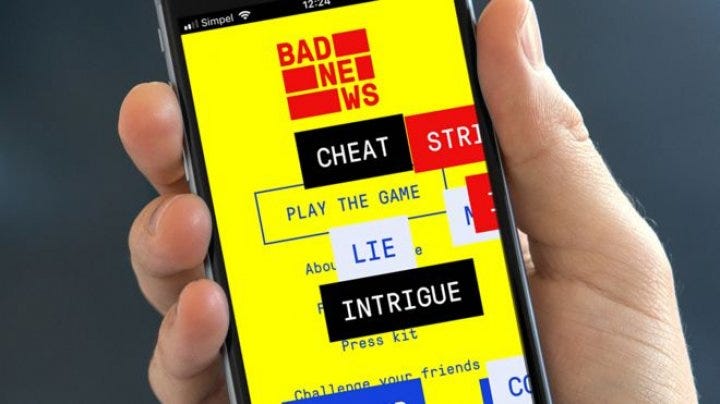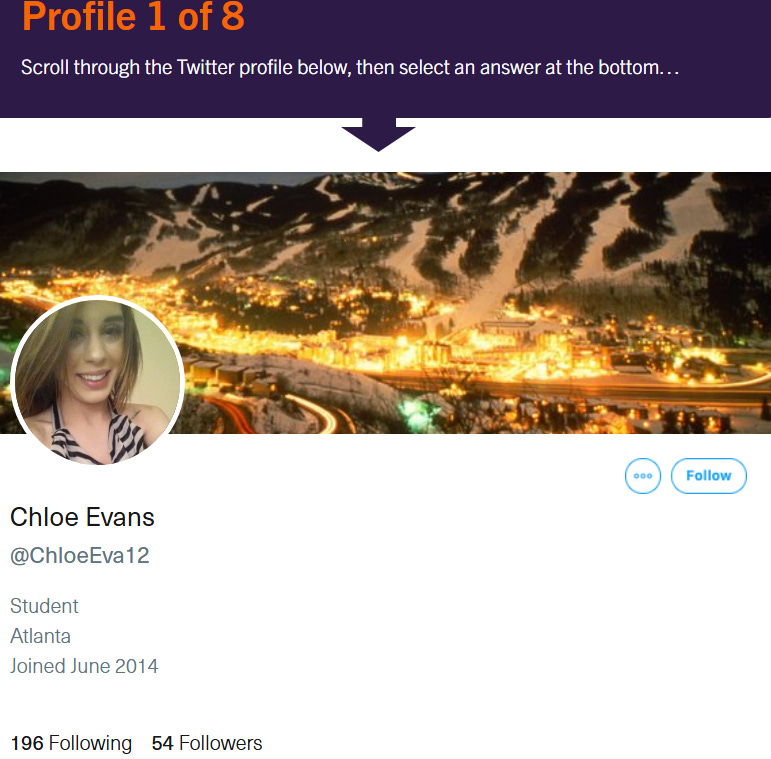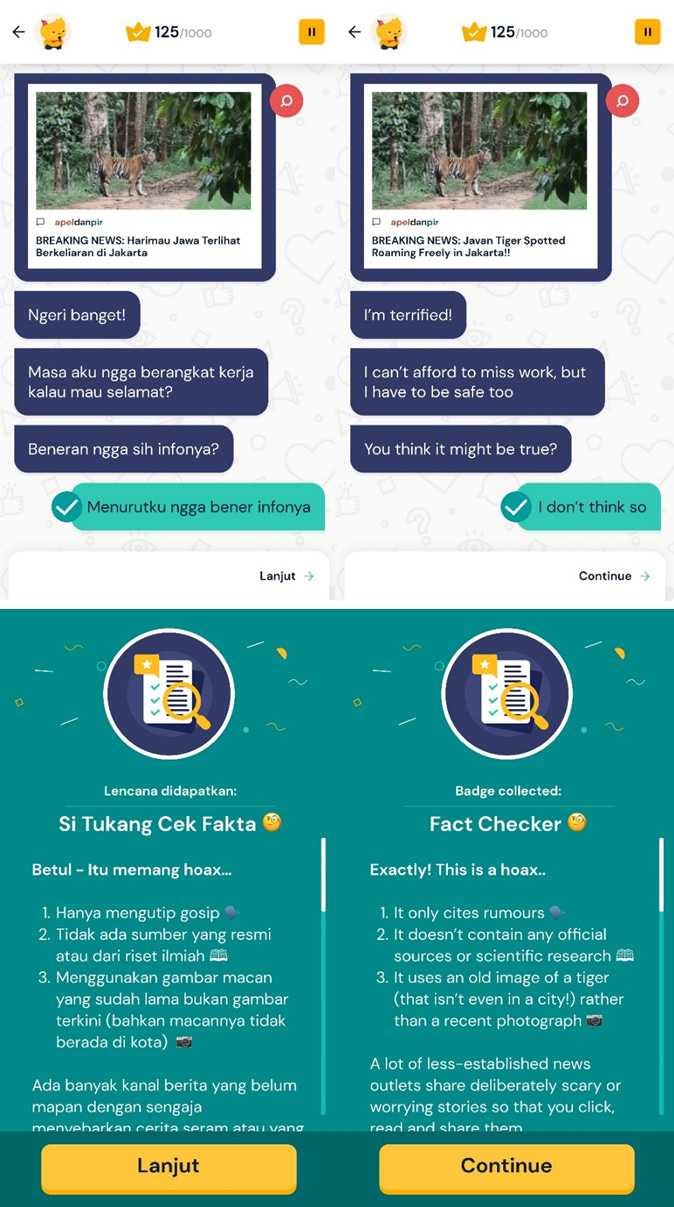How Simple Games Can Teach You to Spot Misinformation
Interactive prebunking games help people build real skills to recognize and resist false information
What if playing a short online game could make you better at spotting fake news? That’s the idea behind "prebunking games," which are research-based tools designed to teach people how misinformation works before they encounter it in the wild. These games expose you to watered-down versions of misleading tactics, so you can build mental resistance to the real thing. Unlike fact-checking after the fact, prebunking empowers people to recognize false information before they encounter it.
Here is an overview of prebunking games that have been tested in peer-reviewed research, and they show promising results in improving media literacy.
1. Bad News
Bad News is one of the earliest prebunking games, first developed in 2018. In Bad News, you take on the role of a fake news producer. So, you learn about misinformation by spreading it in the game. You earn badges for learning to manipulate public opinion through trolling, conspiracy theories, and other deceptive tactics. The goal isn’t to trick others: it’s to learn how these tactics work so you can recognize them in the real world.
Research shows that playing Bad News makes people more skeptical of false headlines. But there’s a catch: some studies found it also made people more skeptical of true headlines. So, while it reduces gullibility, it might also breed too much cynicism. The challenge for future designs is helping players tell the difference between misleading and credible content, not just becoming skeptical of everything.
2. Harmony Square
Harmony Square is similar to Bad News, and drops you into a peaceful town where your job is to disrupt democracy through disinformation. You spread outrage, polarize citizens, and stoke conspiracy theories. It sounds dark, but the experience is filled with humor as you learn how political disinformation works.
Studies found that after playing, users were better at recognizing manipulation tactics and less likely to share misleading political posts. Unlike Bad News, the skepticism players gained seemed to be more targeted, focused on the bad content, not all content. That makes Harmony Square a strong option for teaching political media literacy, especially in democratic contexts like the U.S.
3. Spot the Troll
Spot the Troll is not a classic prebunking game in the same mold as Bad News or Harmony Square, but it does have prebunking elements. Instead of satire, Spot the Troll is an interactive quiz. You see real social media accounts and posts, and try to guess: is this a real person or a troll from a disinformation campaign? After each guess, the game explains what clues you missed or caught.
This game has strong evidence behind it. A large study in the U.S. showed that it made people more accurate at spotting trolls, especially among older adults and across the political spectrum. Players also became a bit less confident in their own abilities to spot fakes, which could lead people to think more critically before they share. After playing Spot the Troll, participants were slightly less likely to reshare things on social media for several days.
4. Gali Fakta
Gali Fakta is the game developed by my Notre Dame colleagues, IREX, and Moonshot. It was initially designed for Indonesian audiences and puts the player in a WhatsApp-style group chat, helping friends and family navigate viral rumors and fake news. It focuses on everyday misinformation about health, finance, and news, not political satire.
My research found that Gali Fakta helped people identify false headlines without reducing trust in true ones. While players didn’t self-report greater media savvy afterward, their actual ability to detect misinformation improved. It shows how prebunking games can work outside the U.S. and be tailored for different media ecosystems. In a recent study (that I hope will be published very soon), we found that an English version of Gali Fakta helped improve Americans’ ability to detect misinformation as well.
Bottom Line
Prebunking games like these show real promise. They’re short, fun, evidence-based, and scalable. Whether through satire, quizzes, or simulated chats, each game helps players build mental defenses against misleading information. Each game may resonate better with certain audiences, so it’s nice to see a variety of prebunking games being developed. These games can provide quick boosts to anyone’s media literacy skills, regardless of whether they are part of a formal curriculum or not. All of these games are free to play and share—I’ve linked them above, so feel free to pass them along to friends and family!







